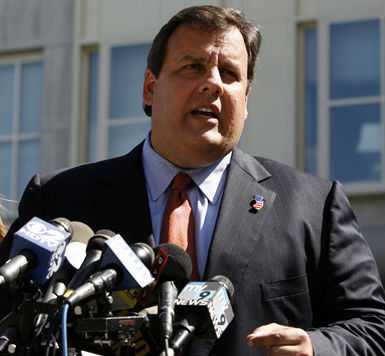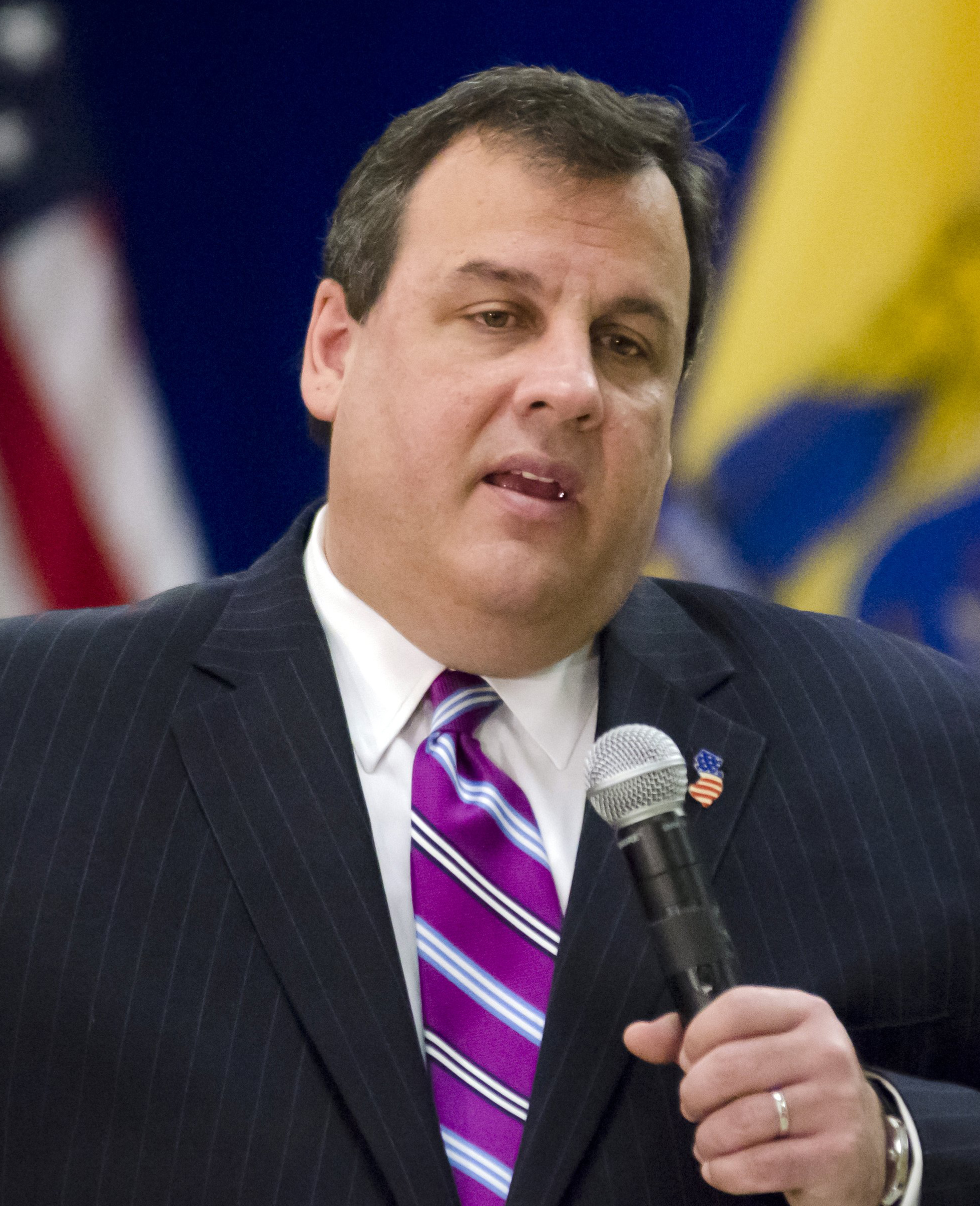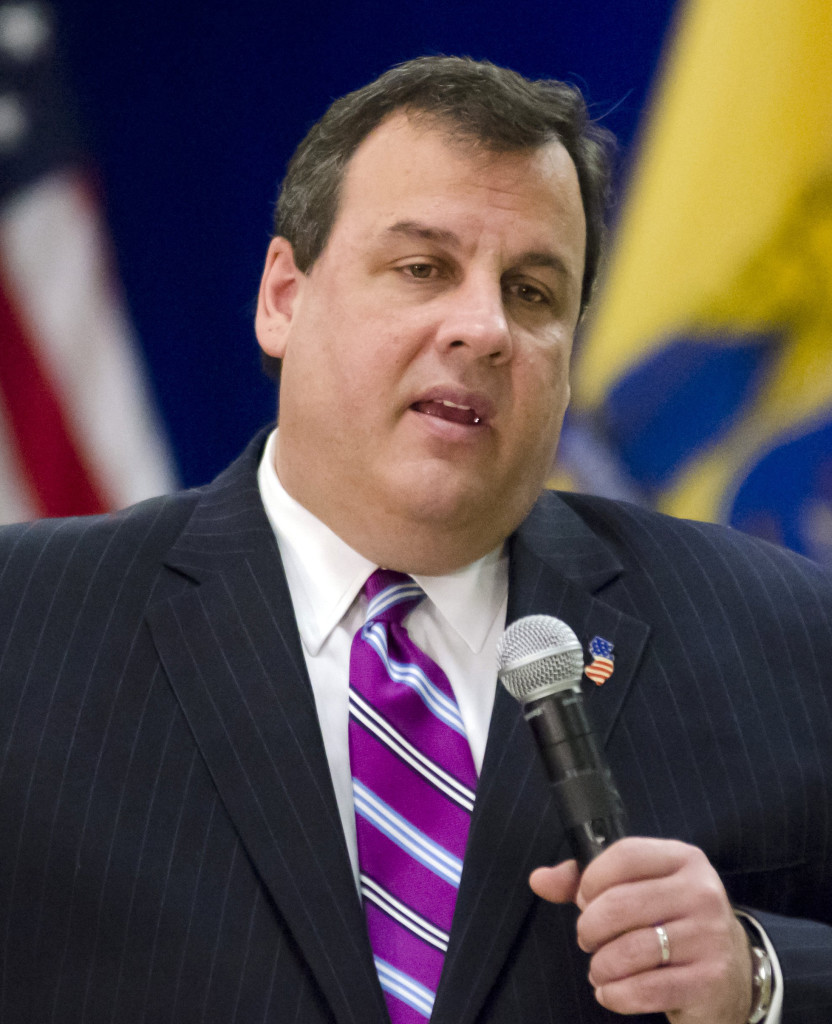New Jersey’s lawyers argued in court yesterday that Chris Christie was acting legally when he cut the state’s pension contribution last year by over $1 billion.
They argued that it didn’t matter that the state’s 2011 pension law – signed by Christie – mandated full pension payments from the state, because that law is unconstitutional.
More on the arguments from NJ.com:
A lawyer for the state argued today that Gov. Chris Christie cannot be forced to make full pension payments because the 2011 law committing him to fully fund the state system in exchange for union concessions was unconstitutional.
Interrupting the assistant attorney general, Superior Court Judge Mary Jacobson said the state’s case suggest that 2011 promise was “a hollow commitment.”
“You’re saying it should have been known at the time that it was a false promise,” Jacobson asked. “You’re saying that from the get-go, this statute, the requirement to make these contributions was void.”
[…]
Attorneys for the state said that the contract was unlawful from the start because the state cannot be obligated to any spending unless it’s approved by the voters — barriers imposed through the debt limitation clause and appropriations act.
Much of today’s arguments centered on whether the 2011 law conflicts with those restrictions.
The contract would interfere with the Legislature’s discretion over how the state spends its money, lawyers for the state said, and the state can’t be obligated to debt unless it’s approved by the voters.
Jacobson was skeptical of the state’s arguments that the appropriations act and debt limitations clause would trump the contracts clause, which appears in both the state and federal constitutions.
But, the state countered, the appropriation and debt limitation measures apply to the formation of contracts, while the contract clause applies to the enforcement of contracts.
In 2014, Christie cut a total of $2.4 billion in state payments to the pension system and used the money to cover revenue shortfalls elsewhere in the budget.
“New Jersey State House” by Marion Touvel – http://en.wikipedia.org/wiki/Image:New_Jersey_State_House.jpg. Licensed under Public domain via Wikimedia Commons – http://commons.wikimedia.org/wiki/File:New_Jersey_State_House.jpg#mediaviewer/File:New_Jersey_State_House.jpg



